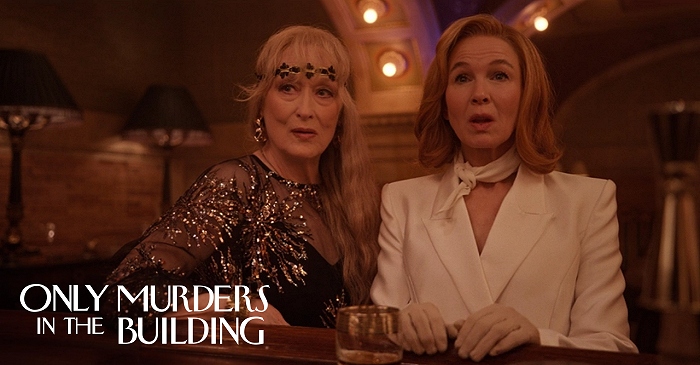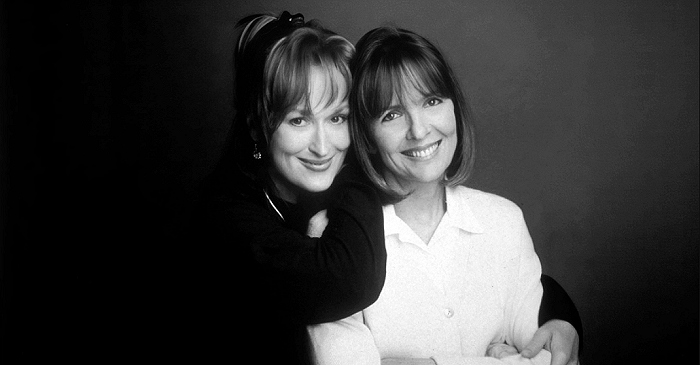|
Simply Streep is your premiere online resource on Meryl Streep's work on film, television and in the theatre - a career that has won her acclaim to be one of the world's greatest living actresses. Created in 1999, Simply Streep has built an extensive collection over the past 25 years to discover Miss Streep's body of work through thousands of photographs, articles and video clips. Enjoy your stay and check back soon.
|
The Balcony
February 21-28, 1974
· Yale Cabaret
|

“The Balcony”, by Jean Genet, currently produced by the Yale Drama School, is a brilliant revolutionary diatribe about form, function, reality, role playing, and mirrors. It takes place in Madame Irma’s Grand Balcony, known to its clientele as “a house of illusions.” In fact, it is a brothel. A revolution is going on in the outside world, led by the plumber Roger, a former client of Irma’s, and Chantal, a reformed whore now playing Joan of Arc. But the audience is let in on this slowly. The play, as written, delays exposition of the block for almost half of the first act, as three scenes play out in which common men act out their sexual fantasies as a bishop, judge, and general. The audience is thus confronted, at least momentarily, with scenes in which the costume and role define the man. One does not know if it is sham; the revelation that one is in a whorehouse is shocking. Unfortunately, director Adriana Lawrence, eliminated the reality of their roles from the opening moment. She cut the bishop’s flowing dialect and instead used slapstick to prove to the audience immediately that the scene was an illusion. One sees the impotence but not the illusion of power. Moreover, all three of the clients and their whores failed to convey the duality between the high-flown dramatic parts the characters played and the petty banal commonplace of the actual situation, the playing out of scenes in a whore house. The intellectual problems of being and function as possible guides to reality manage to get through, though the orgasms that surround them on stage too frequently seem intellectual as well. The basic problem was two-fold, including a too slow pace and lack of grandeur, coupled with a smoothness to the sex and violence that was not believable.
“The reveals are supposed to be pure,” writes Genet, but unfortunately they are not. About the play, he also once said, “My tarts should look like the worst in the world.” They looked, for the most part, like college girls. But the problem with all the actors was that they did not convey the illusion of reality when they were playing the characters they knew were fantasy. That fantasy must be taken deadly seriously. The peculiar order of Genet’s play, accentuating moos and mystery, is lost. The piece is made more understandable, but severly diminished. The play must rage like the revolution going on around it, with each character fighting to maintain some reality until each ends in exhaustion. Instead, the Yale production is dead and illusory from the beginning. The audience never believes there is a revolution going on outside, it never sees that sex, for Genet, is the only true function, and that all else is relative to who believes what. Perhaps Genet should be left to highly polished professionals, or better yet, rank amateurs. It is too difficult to play for the in-between.













